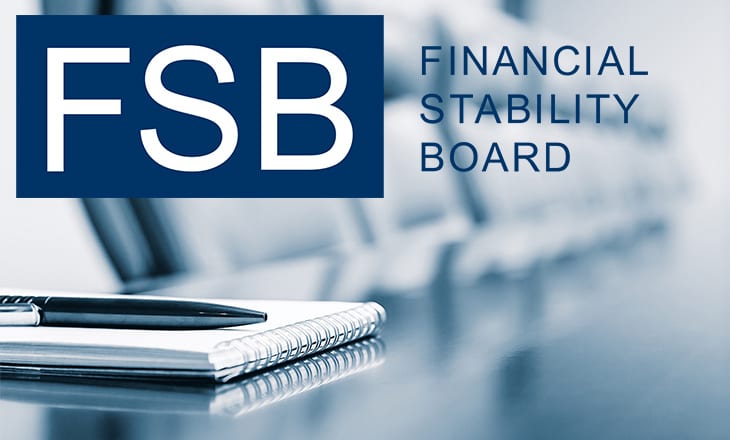The Financial Stability Board joins tax and money-laundering bodies in responding to calls for coordinated international action to regulate the industry.
The Financial Stability Board (FSB) could lead on formulating global regulations to cover crypto assets, its chair, Klaas Knot, said.
“The FSB is well placed to take a leading role in the design of a coherent global regulatory framework for crypto assets,” Knot said at the annual meeting of the International Swaps and Derivatives Association in Madrid.
The Basel, Switzerland-based FSB reports to the Group of 20 of the world’s largest economies, and develops rules intended to stop 2008-style crises, such as those applying to major international banks deemed too big to fail.
The Dutch central banker appeared to respond to a call from jurisdictions such as the European Union for an international framework for the sector, mirroring the kind of global rules brought in for banks and the financial system after 2008.
The FSB, which in February warned about the risk a growing and largely unregulated sector could pose for investor confidence and financial crime, is due to produce a report on stablecoins in October. It would join international standard-setters such as the Financial Action Task Force and OECD, which are respectively responsible for developing anti-money laundering and tax rules for the sector.
It wouldn’t have to start from scratch, Knot said, and would first consider the existing laws that already apply to crypto.
“This will provide a basis for additional work to address risks not covered by these pre-existing standards,” he said. “Crypto asset markets of today are not operating in a lawless environment, or a barren regulatory landscape.”
Earlier this month, the EU’s financial services commissioner, Mairead McGuinness, called for a “global agreement on crypto” to protect investors, safeguard stability and limit the environmental impact of bitcoin (BTC) mining, and she seems to have found support within the block.
Global rules are “the right idea,” EU lawmaker Stefan Berger, architect of the bloc’s domestic crypto law known as MiCA, said at an event in Brussels Monday. “We need, in the end, worldwide regulation.”
